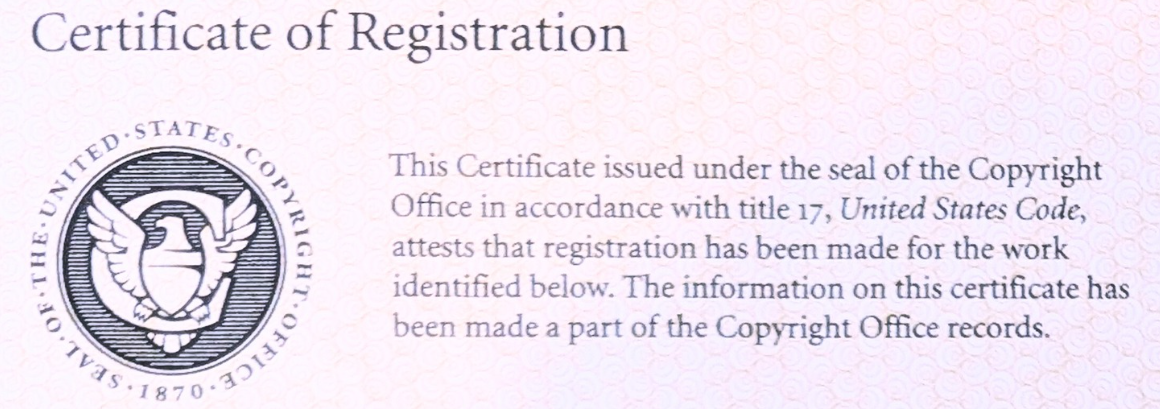Copyright
Why You Should Consider Copyrighting Your Book
I’m still learning my way through the world of self-publishing, and recently I’ve been figuring out how copyright works. I went through the process of registering The Dog Owner’s Guide to Health Emergencies—and after getting it wrong once and then finally getting it right, I thought it might be helpful to share what I’ve learned.
Copyright can be confusing the first time—and honestly, even the second. Especially if you’re an over-thinker, like I am (HAHA 😊). But with each step, I’m hoping it gets a little easier. If you're just getting started too, here's a breakdown of what copyright means, what it does, and why it might be worth registering your work.
What is copyright?
In the United States, copyright is the legal protection automatically given to original creative works—like books, illustrations, songs, or software. This protection exists the moment your work is created and fixed in a tangible form (written down, typed, recorded, or drawn). You don’t have to file anything to technically own your copyright.
That means: if you write a manuscript, you already own the copyright.
So why register your copyright?
While copyright protection exists automatically, registering your copyright with the U.S. Copyright Office provides some significant legal benefits:
Legal proof of ownership
A registration certificate is official documentation that you created the work and when. If there’s ever a dispute, it strengthens your legal position.The right to take legal action
You can’t sue for copyright infringement in the U.S. unless your work is registered. If you register before infringement occurs (or within 3 months of publication), you may also be eligible for statutory damages and attorney’s fees.Public record of your authorship
Your book becomes part of the official database at the Library of Congress. This adds a layer of professionalism and visibility.Peace of mind
For many authors, registering their copyright is simply part of treating their work seriously. It signals commitment, professionalism, and can help protect your efforts down the road, if needed.
So, while it’s not required to obtain an official copyright, it’s highly recommended for a book, especially if you plan to publish and distribute the book widely (various platforms/ various countries, etc).
How do you register?
You can register your work online at copyright.gov. Fees range from $45 to $65 depending on the type of registration, and the process typically takes a few months.
That said—while it’s not especially difficult, I did not find the site very intuitive.
You’ll need to:
Create an account
Fill out information about your work (author name, content type, publication status)
Upload a digital copy (or mail a physical one, depending on the format)
Pay the filing fee
But don’t worry—if you make a mistake like I did, you can correct it and resubmit. It’s all part of the learning process.
You can only copyright what you own
When registering your book, it’s important to remember that you can only claim copyright for the parts you personally own.
For example, if your book includes public domain or open-access images, you cannot copyright those images—even if they’re included in your final book. You can only register the original text and layout that you created. In this case, you’ll need to limit your claim to those parts on the application.
The same applies to books with illustrations that you did not illustrate yourself. If you’re the author, but the illustrator retains the copyright to their artwork (which is often the case unless full rights have been transferred), you won’t be able to copyright the book as a whole. Instead, you’ll register the text only, and the illustrations remain protected under the illustrator’s rights.
The Copyright Office allows for this—just be sure to clearly indicate which parts you’re claiming and which parts you’re not.
Final thoughts
Copyright is one of those behind-the-scenes topics that can feel overwhelming, especially when you're juggling everything else that comes with self-publishing. But understanding it—and taking the time to register—can offer peace of mind and added protection.
For me, receiving the certificate for The Dog Owner’s Guide to Health Emergencies was a meaningful milestone.
If you’re considering it, I encourage you to explore the process. And if you make a mistake the first time—just like I did—that’s okay. Every step forward is part of the journey.

